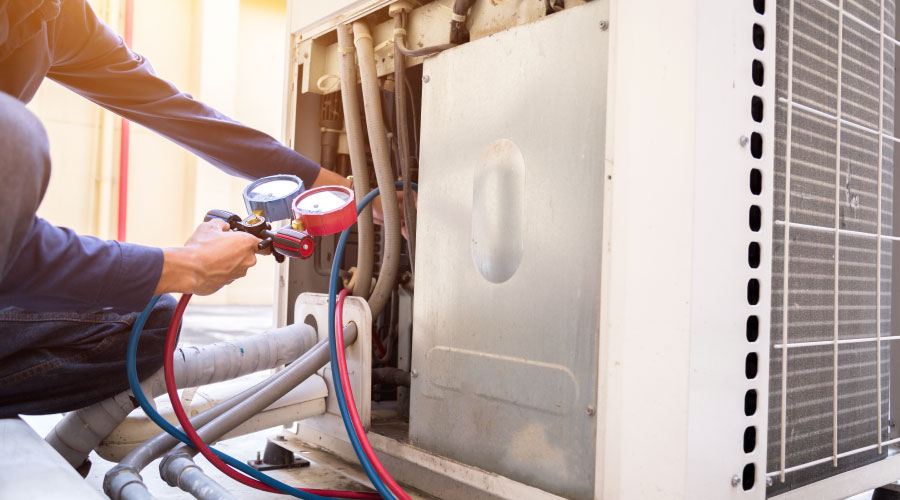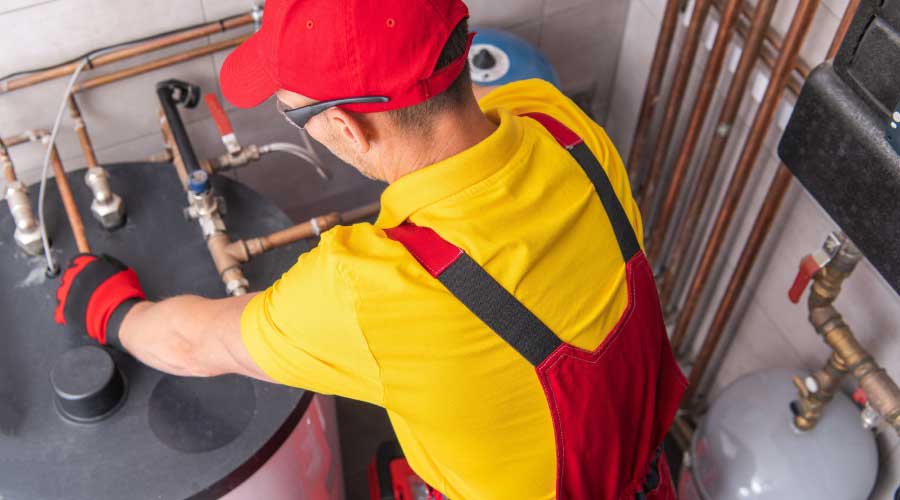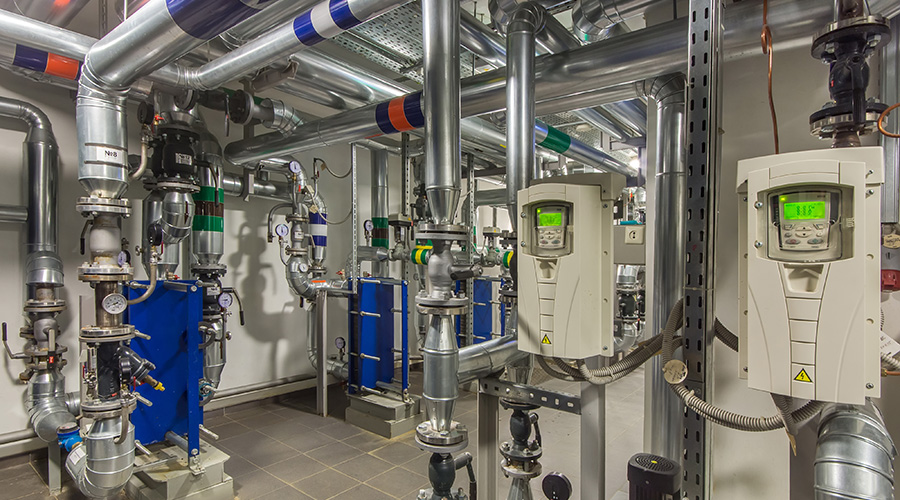Boiler Maintenance: Establish a Water-Treatment Program
Most maintenance and engineering managers know if they want reliable operation of their building's heating system, they must pay close attention to boiler maintenance. But the importance of boiler maintenance goes far beyond reliability. Proper maintenance reduces operating and energy costs, improves safety, and prolongs boiler life.
Manufacturers have helped managers in achieving better performance, reliability, and safety by improving the designs of boilers and control systems. If managers and their facilities are to reap the benefits of these improvements, they must commit to strict, timely maintenance activities.
Without that commitment, boiler performance and efficiency will deteriorate rapidly. Even worse, managers will place the facility and its occupants at risk of boiler failure. It is estimated that inadequate or improper maintenance practices lead to more than 70 percent of all boiler failures.
A comprehensive boiler-maintenance program begins with an understanding of common causes of boiler problems and provides actions to combat them.
Water Treatment
Water treatment is one of the most important elements in any boiler maintenance program. Untreated boiler water contains contaminants that include dissolved minerals, gasses and particulates.
Dissolved minerals can result in the formation of scale on boilers' heat-transfer surfaces. Gasses can form corrosive compounds that attack surfaces. Suspended particulates can contribute to both problems.
Boiler scale forms when dissolved mineral salts in the water settle on heat-transfer surfaces. This scale acts as a layer of insulation, reducing the rate of heat transfer and the boiler's efficiency. Even a thin layer of scale can reduce efficiency by 10 percent or more. Scale also can result in localized overheating of a boiler tube. Uncorrected, this issue can lead to boiler tube failure, downtime and costly repairs.
Dissolved gasses, such as oxygen, can increase the boiler water's corrosiveness. As a result, metal surfaces in the boiler and heating system come under attack. If technicians do not correct the problem, the resulting corrosion can destroy metal surfaces, decreasing the service life of the boiler and system piping.
Water-treatment programs introduce limited quantities of certain chemicals that combine with impurities in the water and neutralize the impurities to keep them in suspension. A water-treatment program can extend the boiler's life and improve its operating efficiency.
Managers must design and monitor water-treatment programs carefully. Using the wrong chemicals — or even the right chemicals but in the wrong quantities — can result in damage to the boiler or other system components. Monitoring is essential because changes in feedwater quality can require changes in the treatment program.
While water-treatment programs will help the performance of any boiler system, they are most critical in steam systems. These systems have much higher requirements for make-up water, which contains contaminants that can damage boiler surfaces.
Related Topics:
















